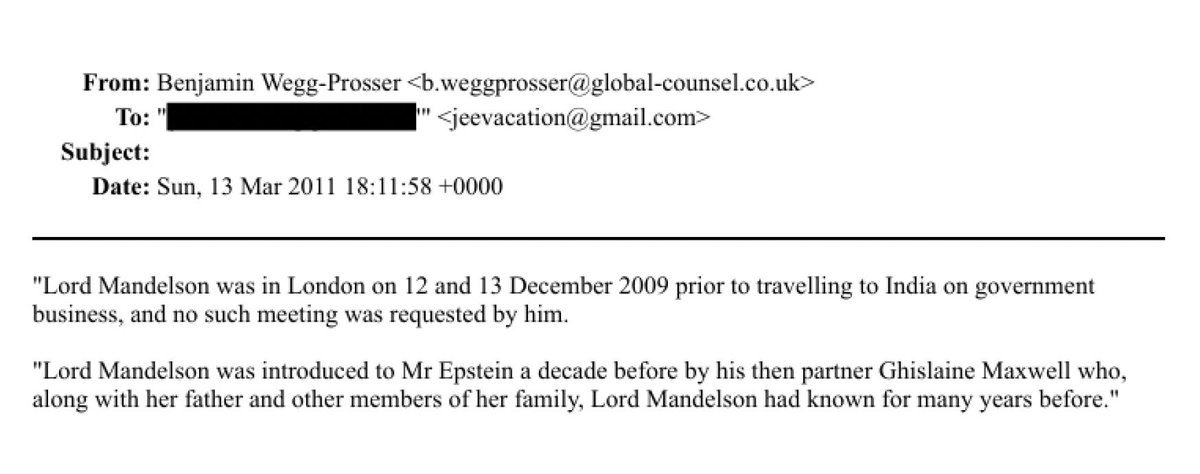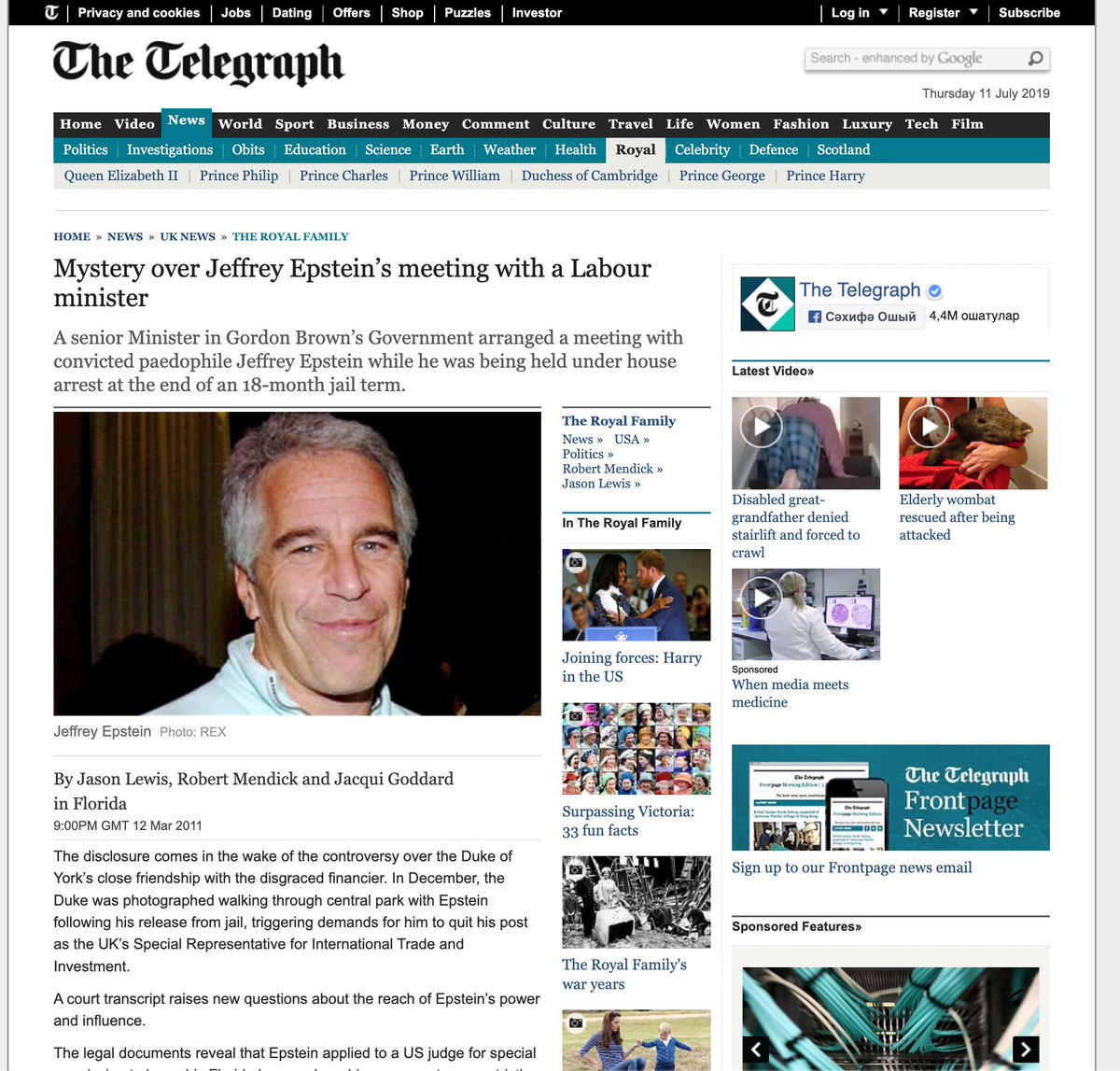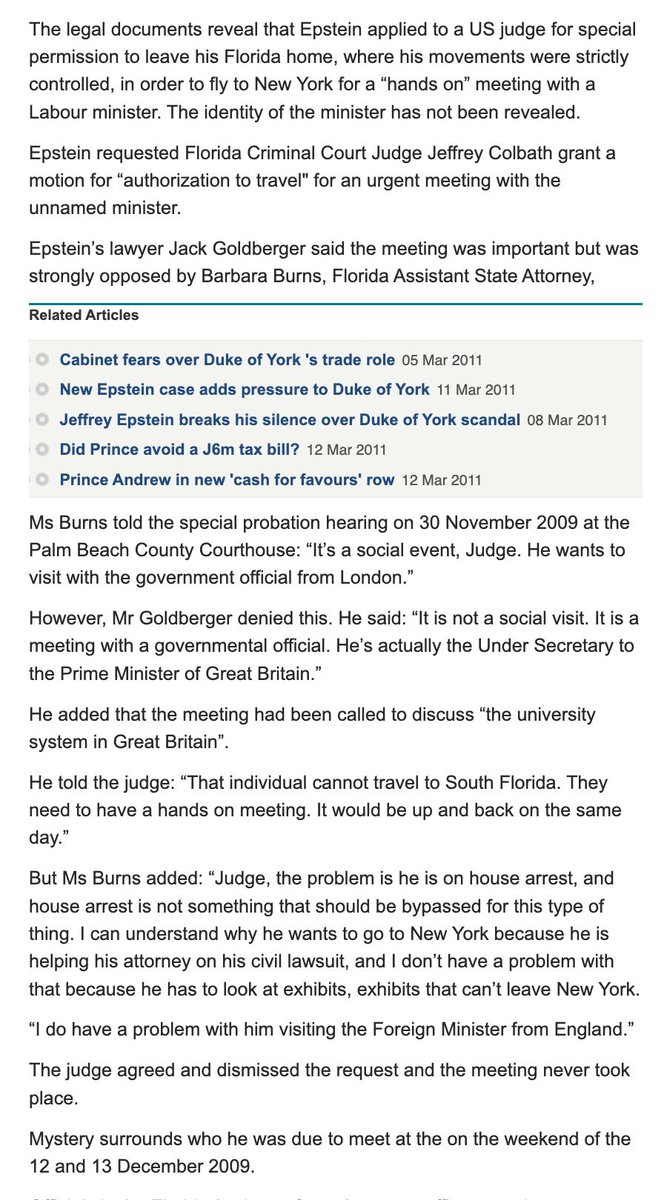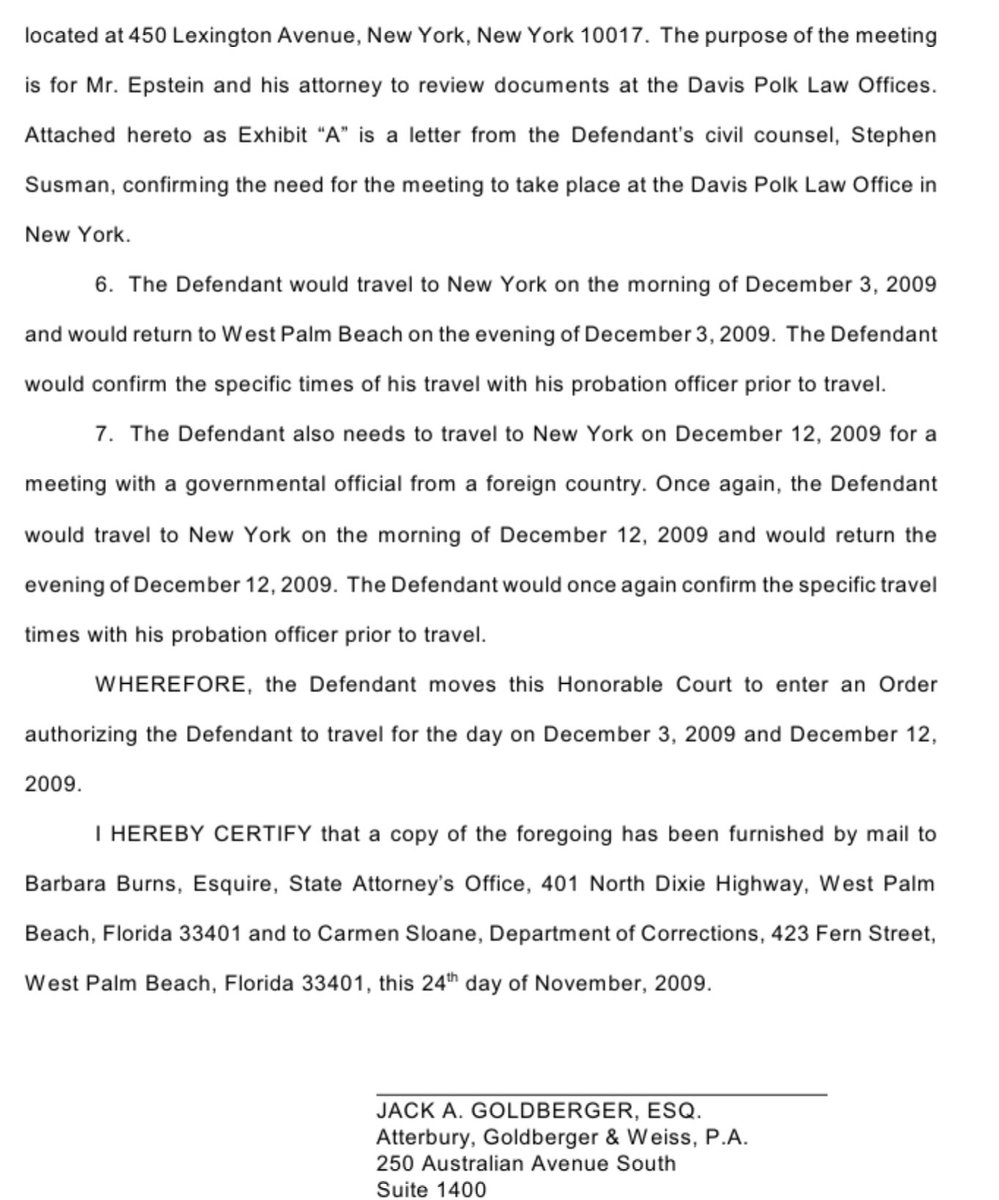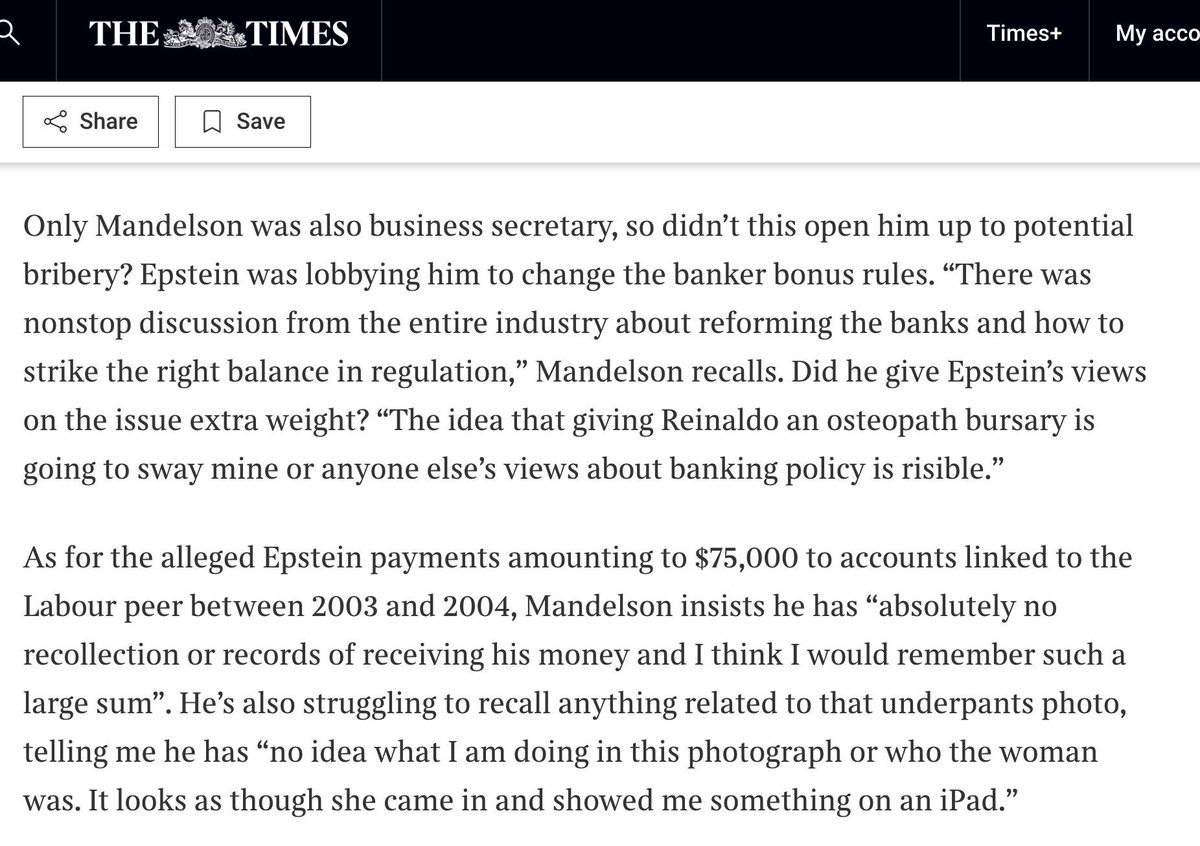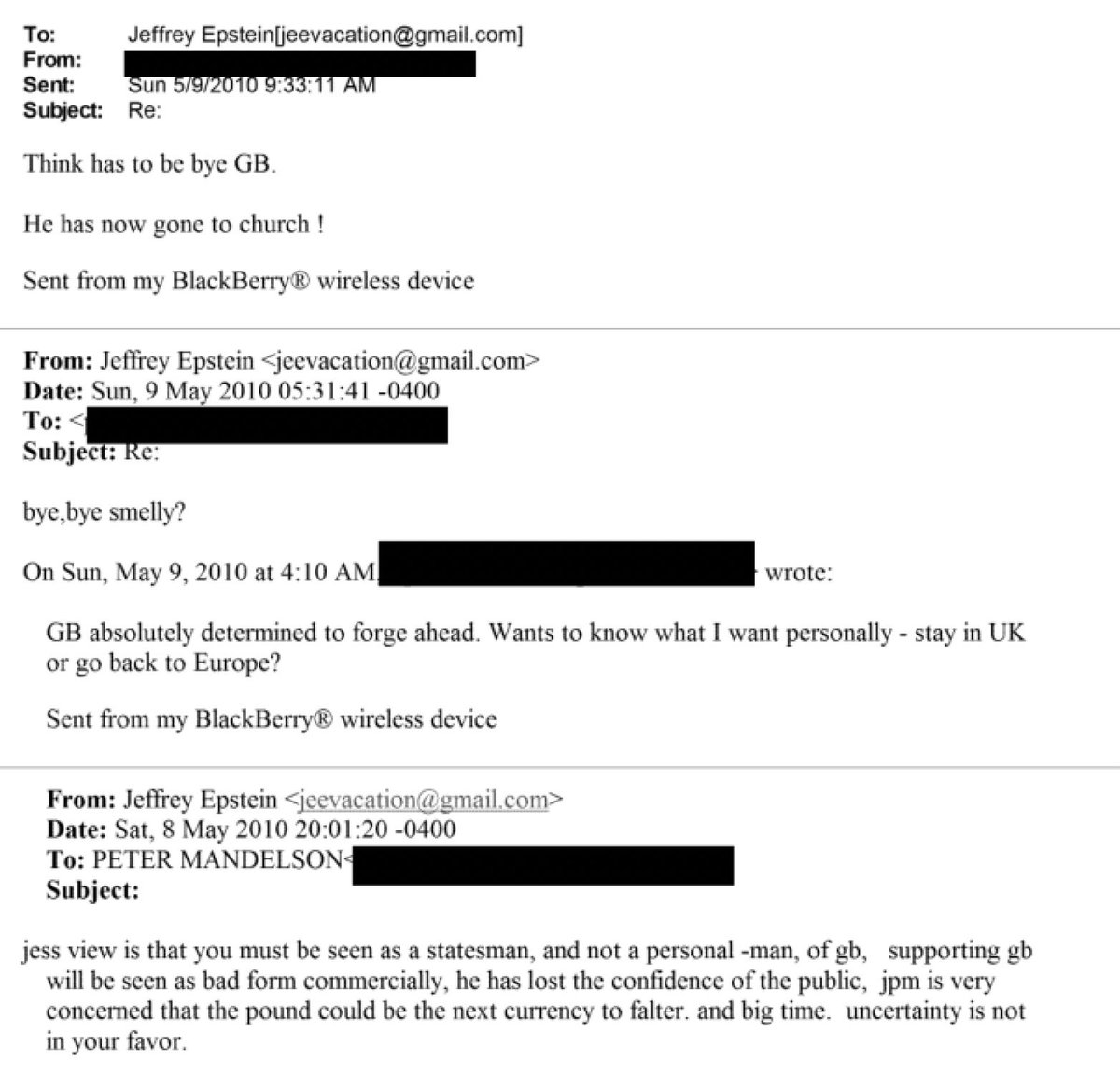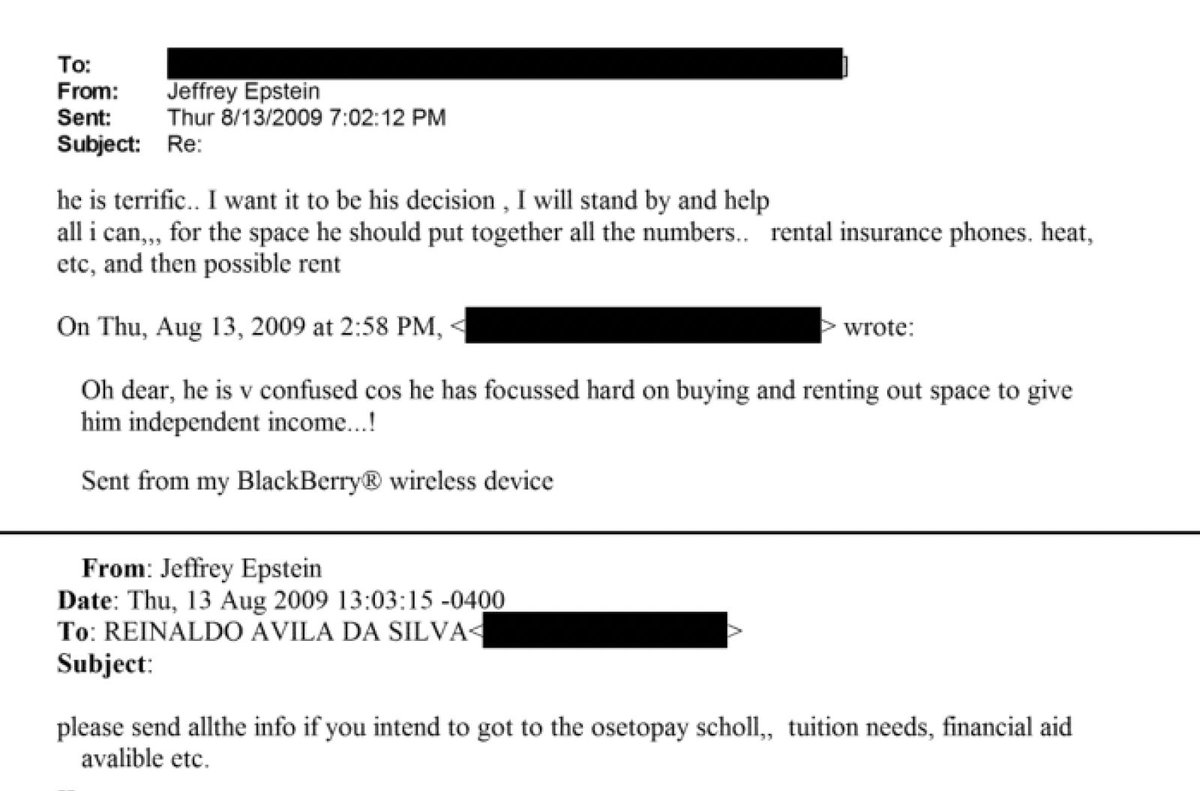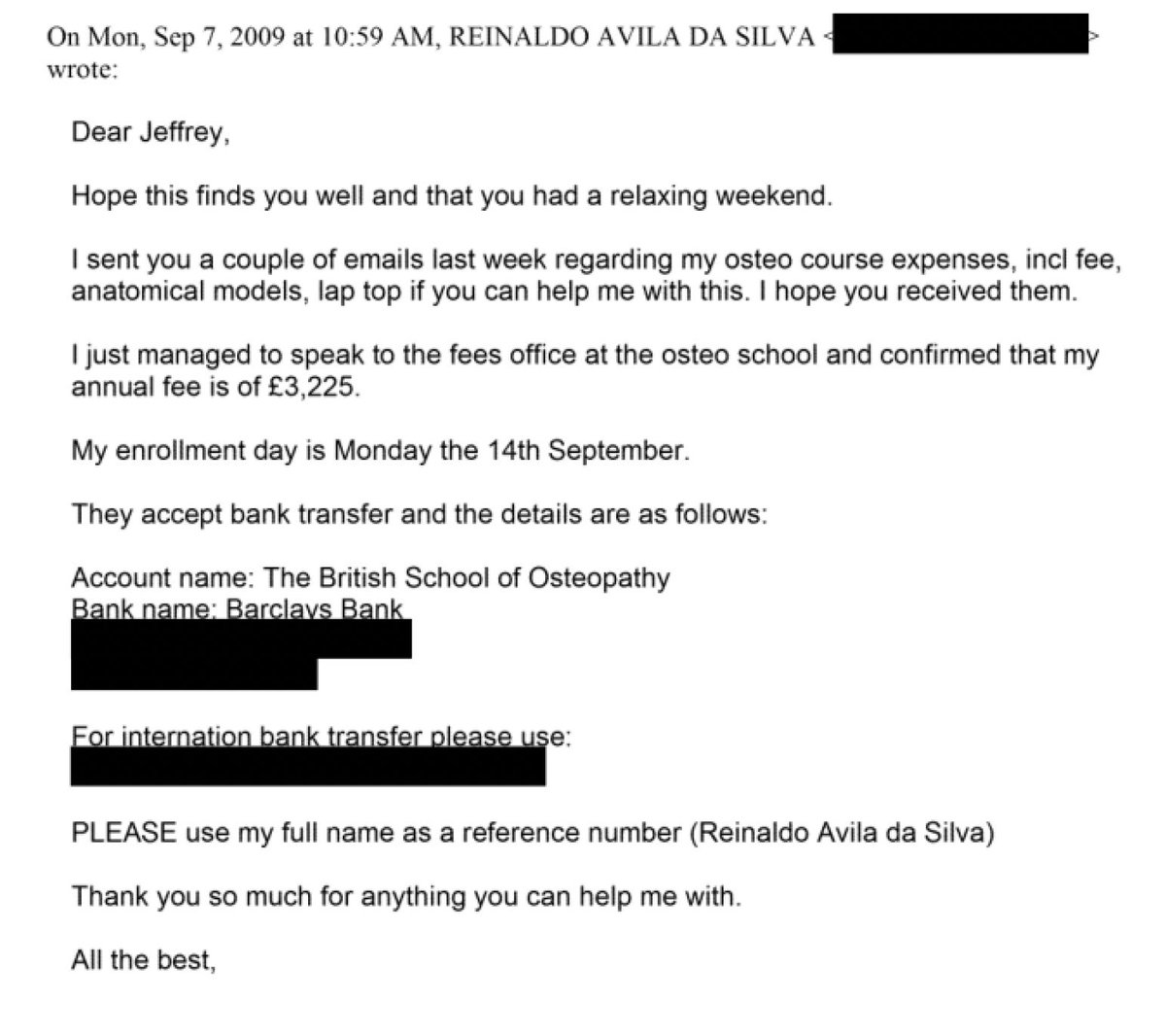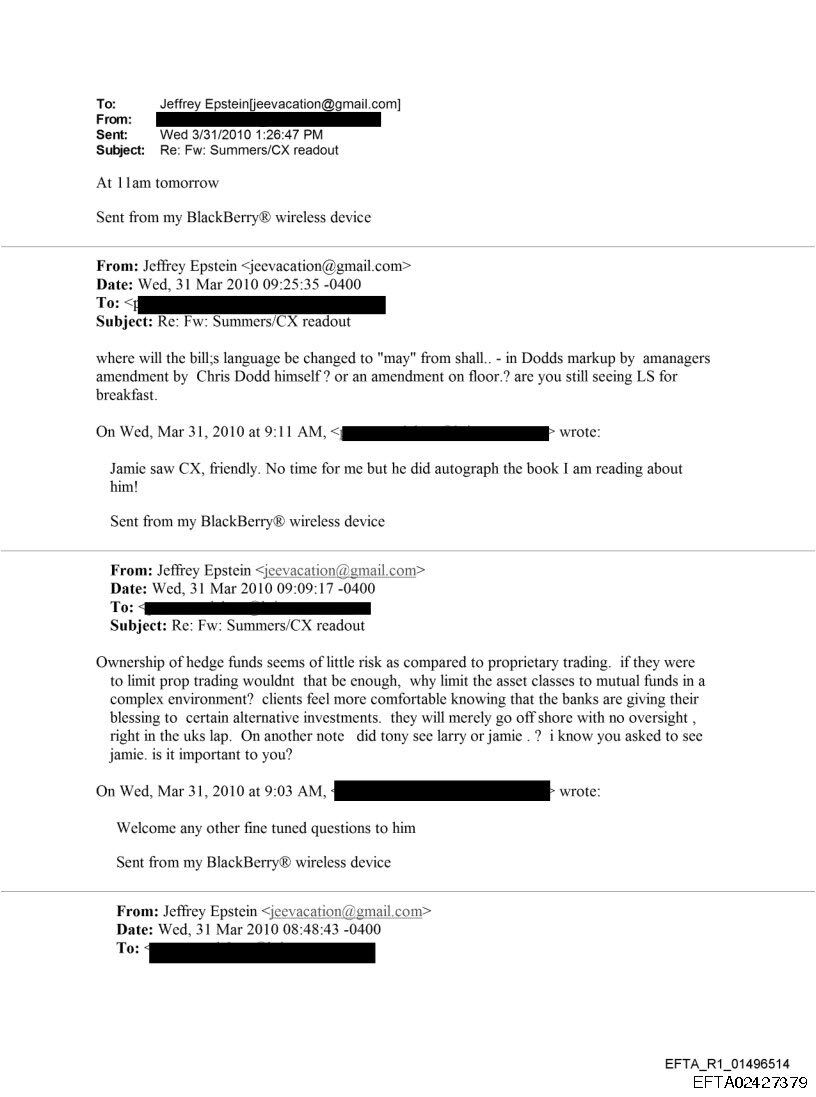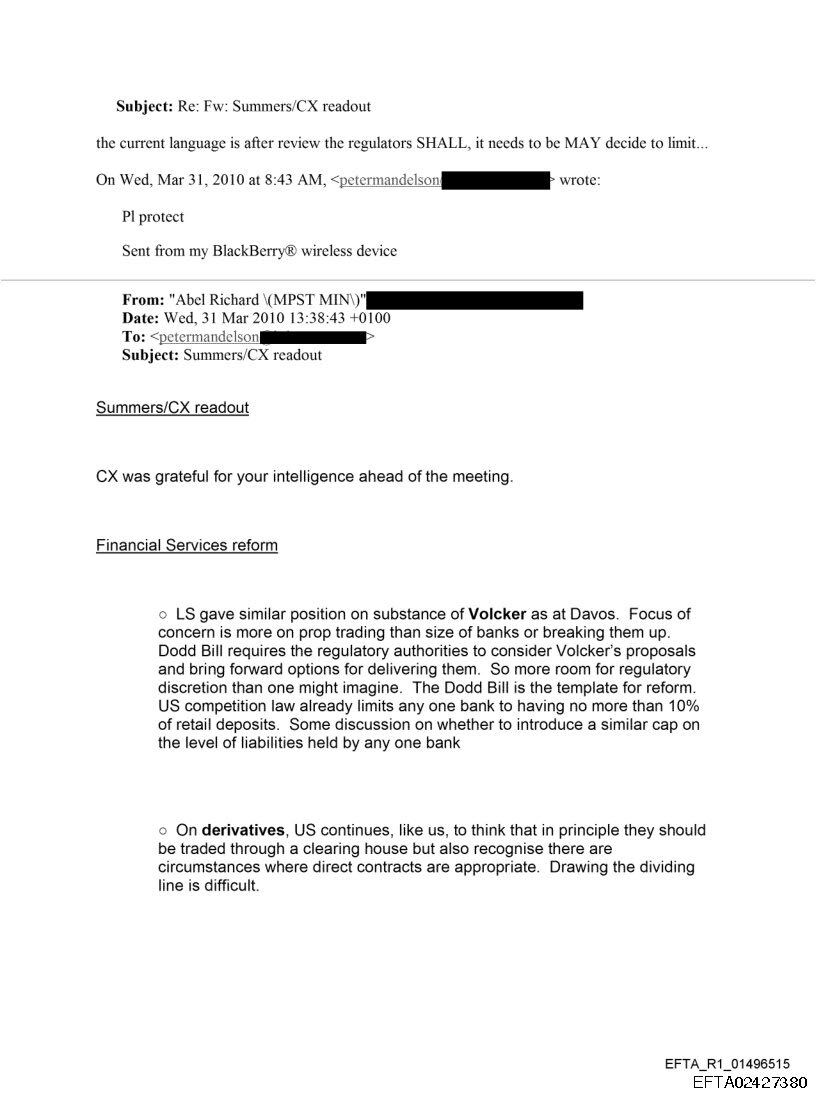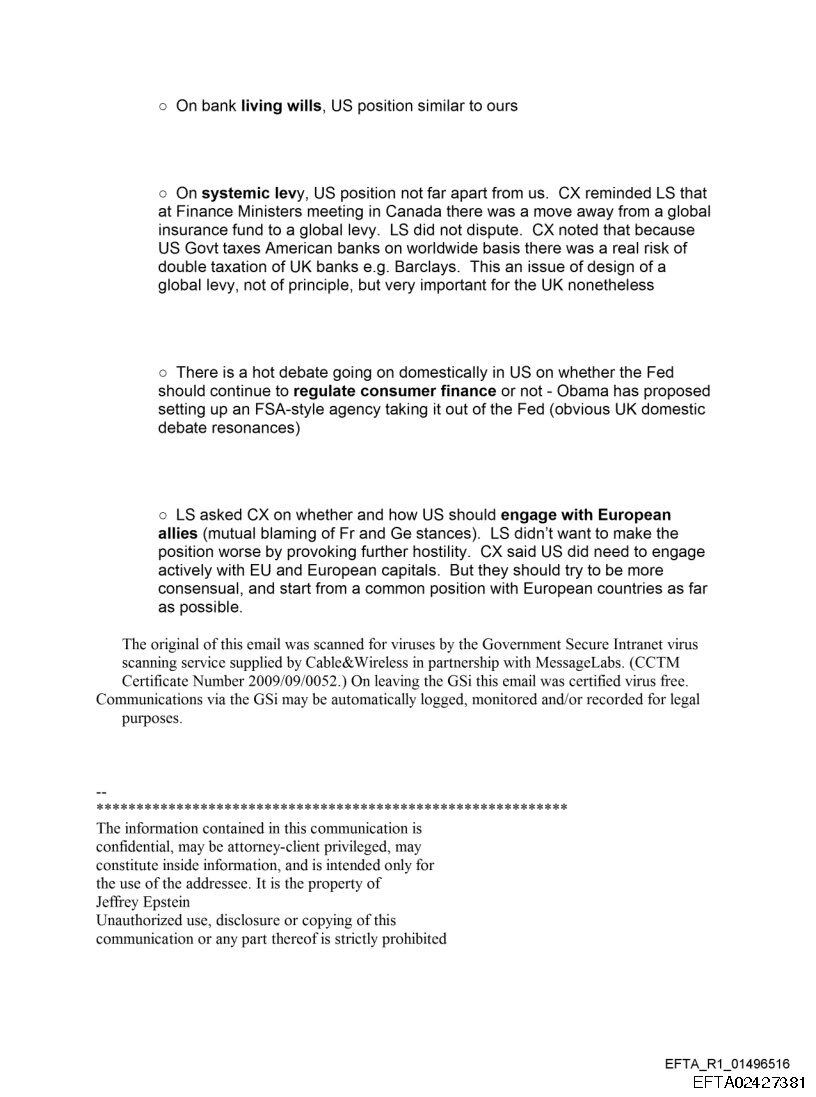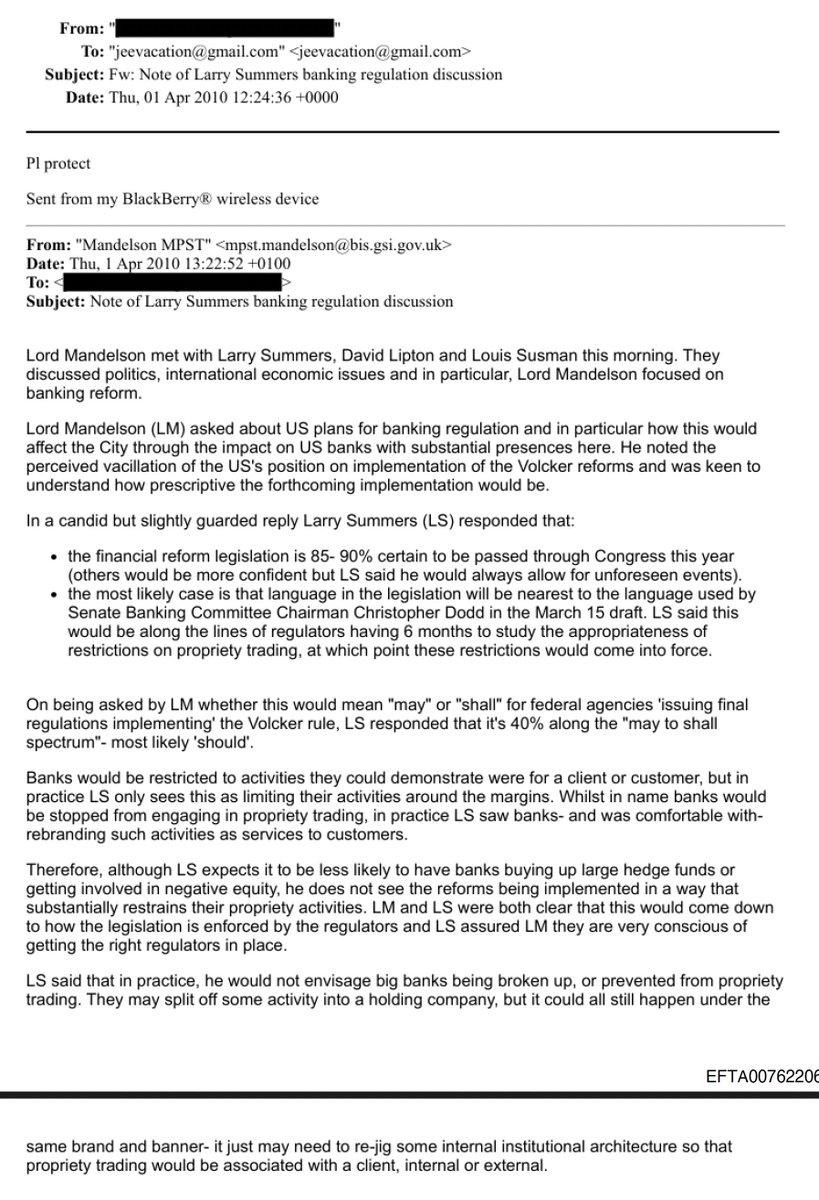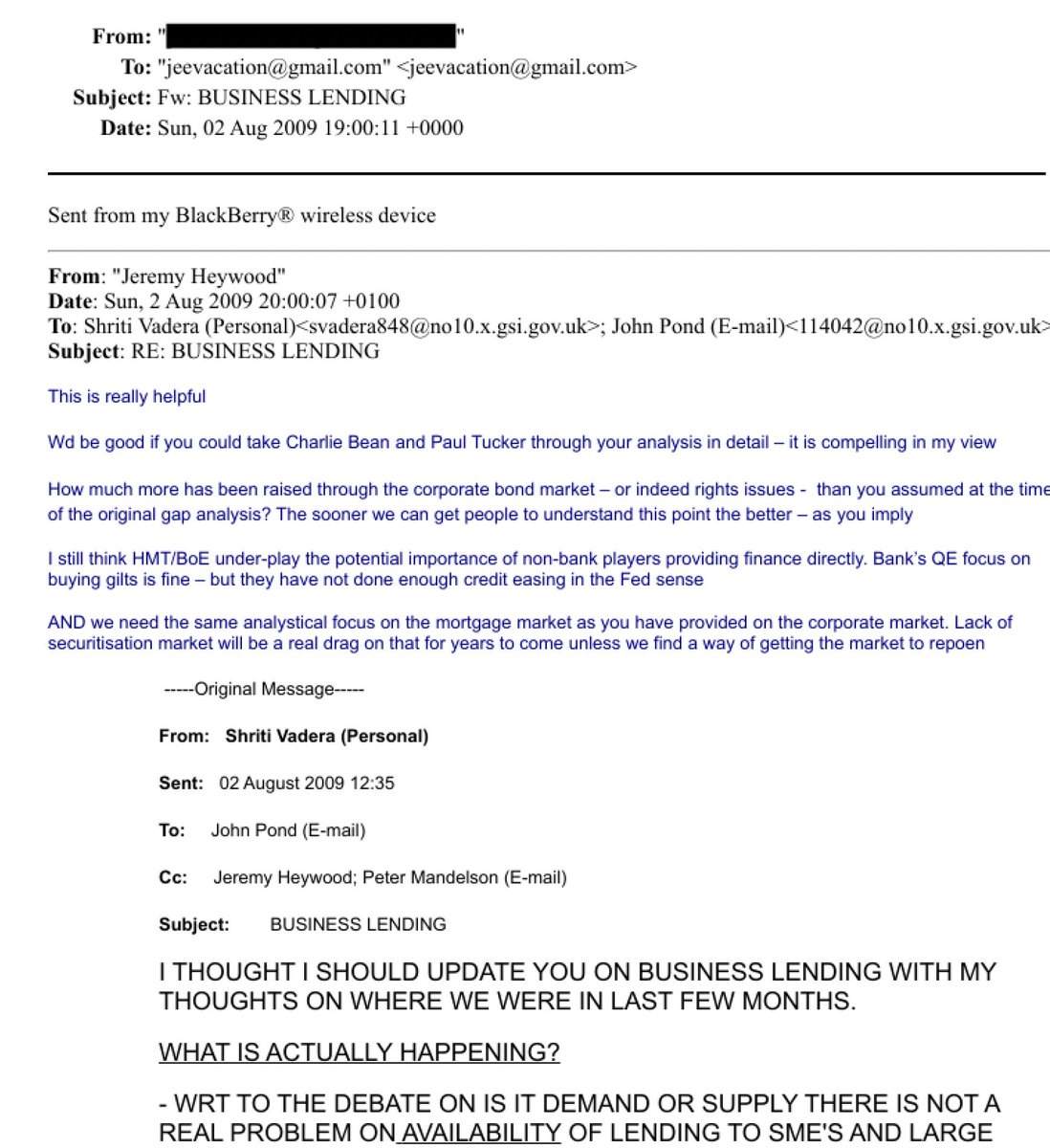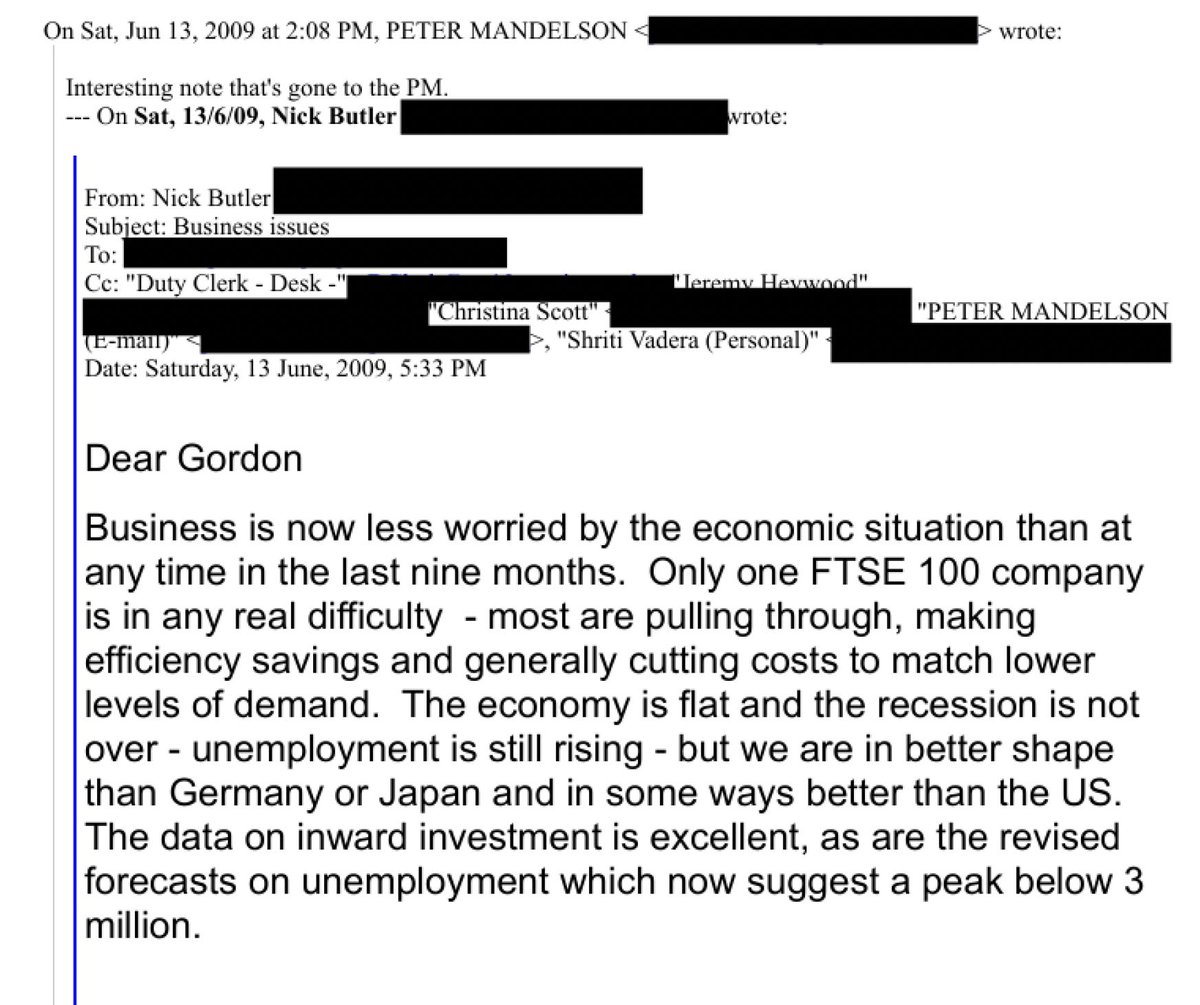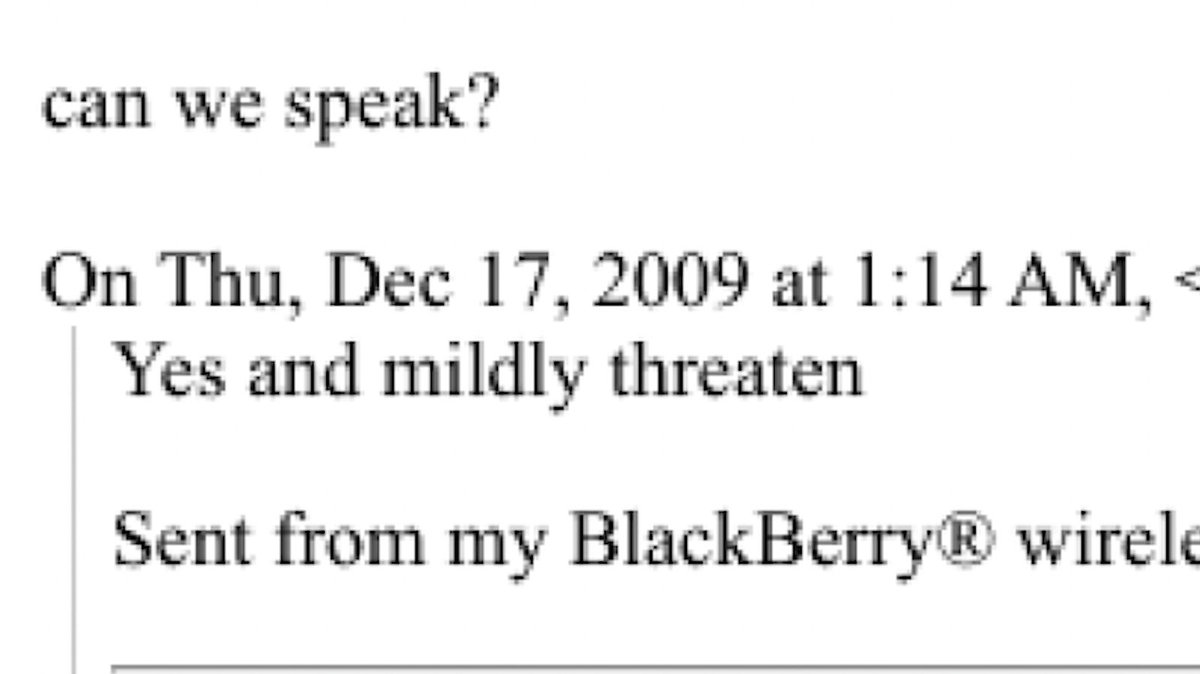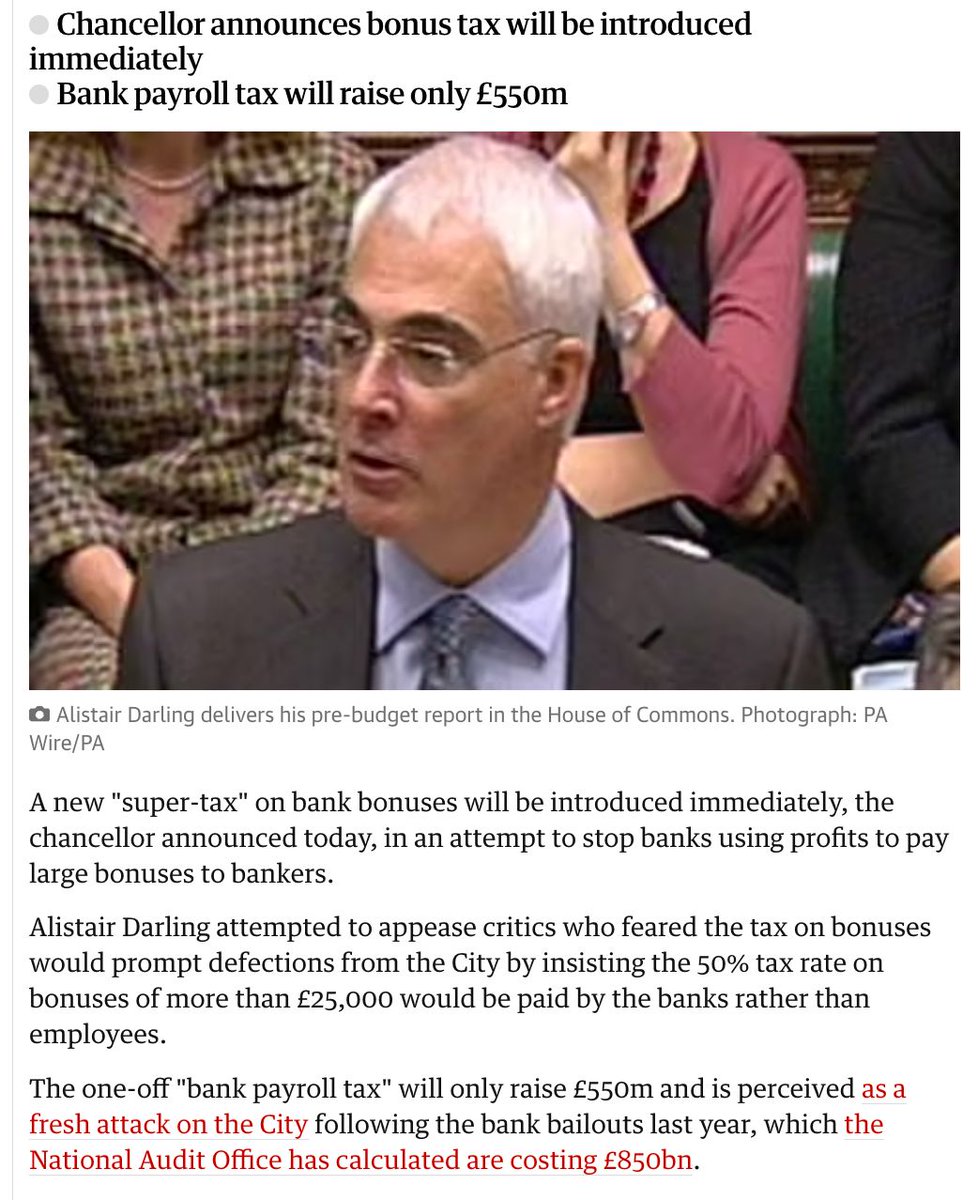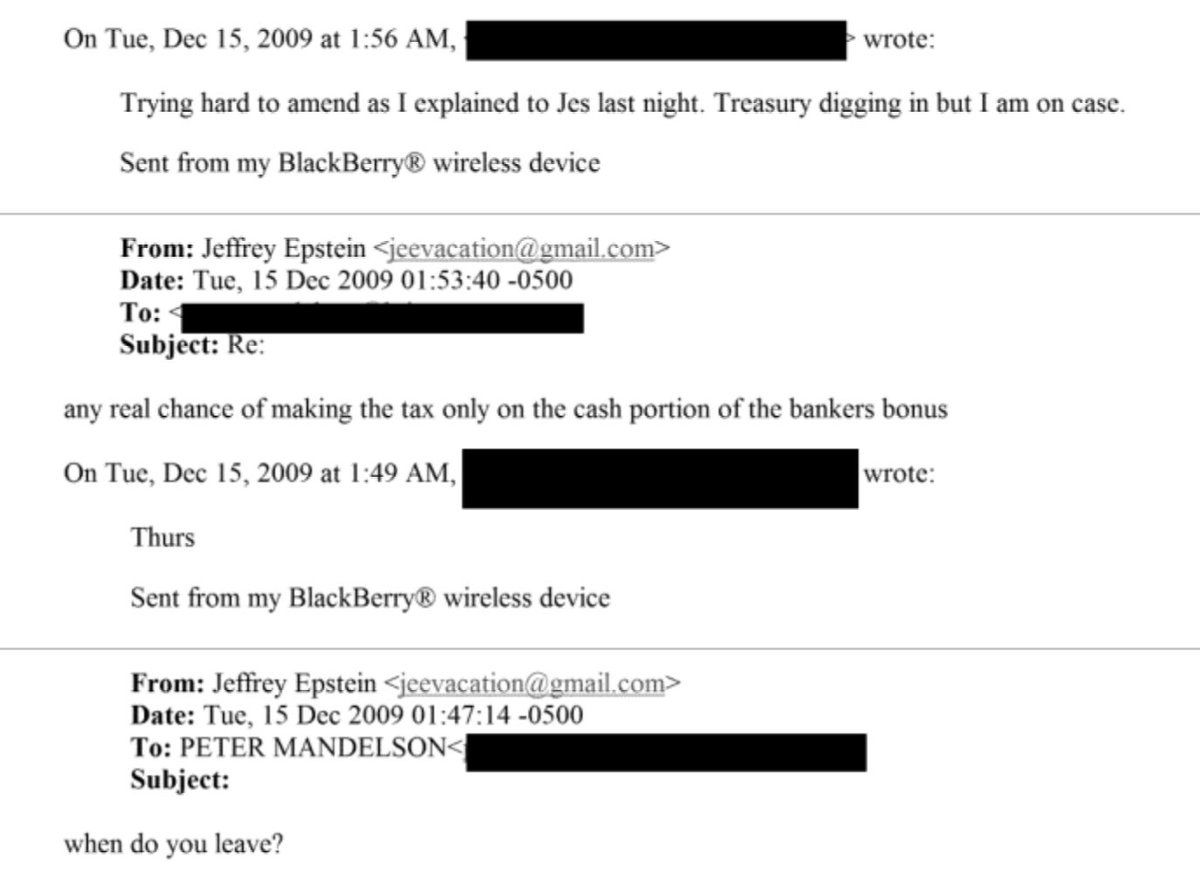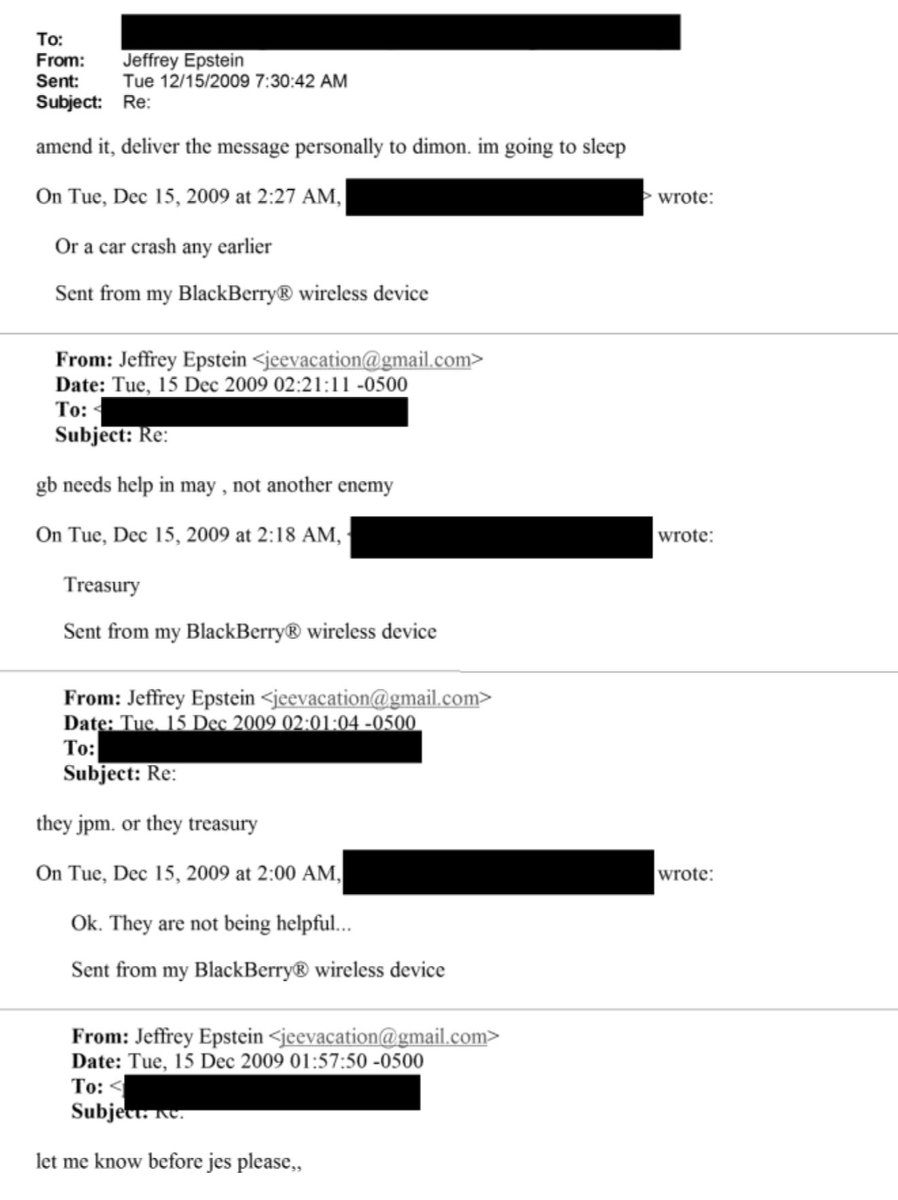#Zahawi update: his lawyers have written to me, denying that HMRC investigated him under COP 9, the procedure for investigating fraud. Since they are in such a helpful mood, I'm optimistic they'll answer some further questions. Full correspondence below:
I have updated my list of Zahawi questions to reflect the COP 9 answer.
Obvious addition: anyone thinking of sending abusive messages to Ashley should ask themselves some pretty fundamental questions.
I publish Ashley’s name because I believe lawyers engaging in SLAPP should be accountable, to the public and to their other clients.
You can bookmark this thread to catch the reply.
But I probably wouldn't bother.
But I probably wouldn't bother.
I'm delighted to say I received a response to my questions. The response says that Mr Zahawi is not going to answer any questions:
https://twitter.com/DanNeidle/status/1617548923643777025?s=20
• • •
Missing some Tweet in this thread? You can try to
force a refresh










